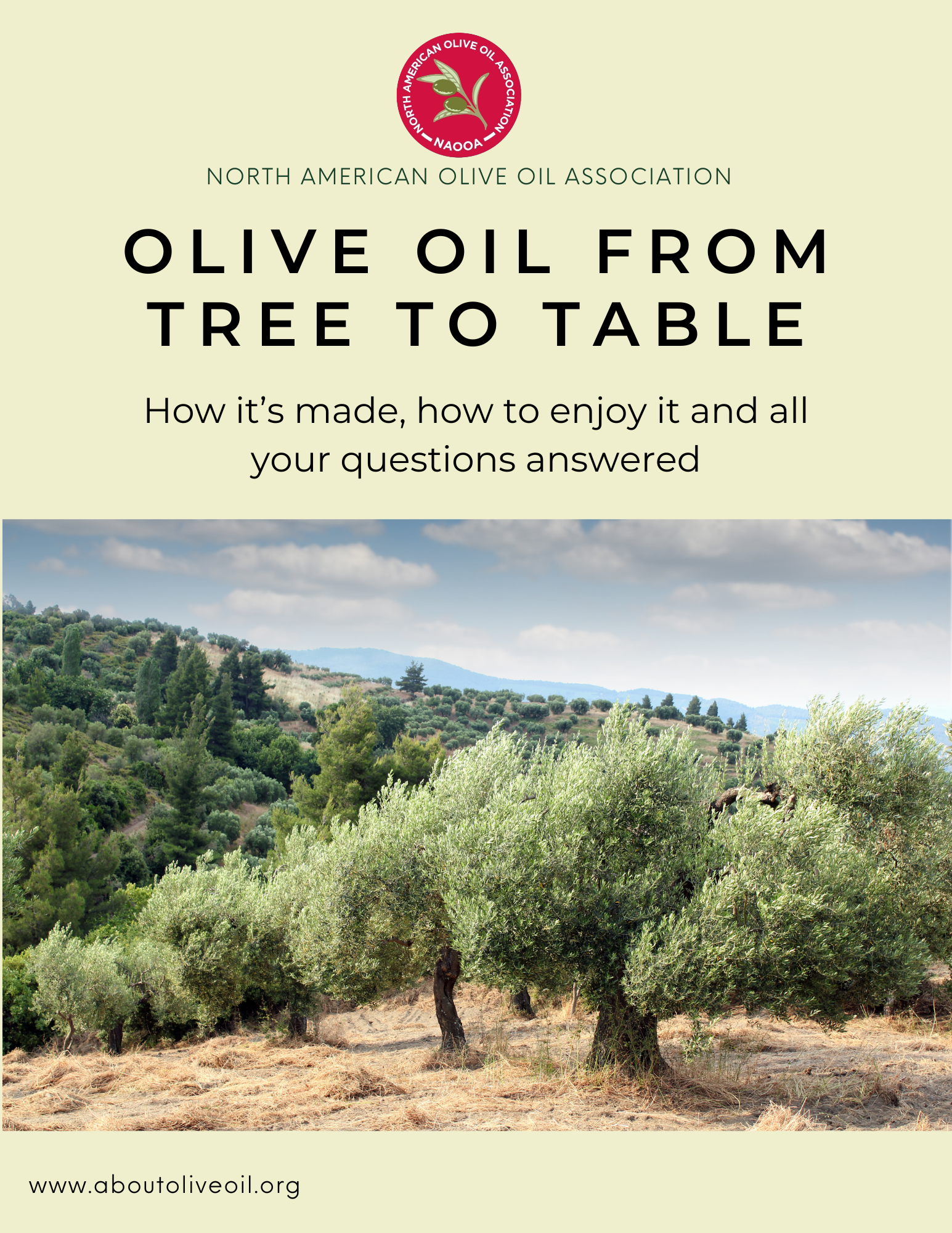Many false stories are circulating around the internet about olive oil fraud citing a report prepared by the University of California Davis Olive Center. These stories often list some well-known olive oil brands and claim that the oils are adulterated.
In fact, the UC Davis Olive Center report did not find any adulteration or cutting of olive oils with either seed, nut or vegetable oils. Attempts to use the report to spread stories of olive oil fraud are misleading. Read more below.
GET THE FACTS:UC DAVIS' EXTRA VIRGIN OLIVE OIL REPORT |
|
| There have been frequent public claims that a University of California Davis Olive Center report published in 2010 found that 69 percent of imported extra virgin olive oil sold in the U.S. is "fake" (i.e., adulterated with lower-grade oils). This is false and misleading. Here's what you need to know about the UC Davis report: | |
Taste Tests are Subjective |
Court: 'Meager Factual Content' |
 The report claimed two-thirds of imported samples labeled as extra virgin olive oil did not meet sensory standards (i.e., taste testing) which is a subjective measure. Chemical lab tests are the ONLY accurate way to tell if an oil has been adulterated. The report claimed two-thirds of imported samples labeled as extra virgin olive oil did not meet sensory standards (i.e., taste testing) which is a subjective measure. Chemical lab tests are the ONLY accurate way to tell if an oil has been adulterated. |
 A federal court recently threw out a lawsuit based on the report, finding it to have flawed methodology and its findings to be dated and limited in scope. A federal court recently threw out a lawsuit based on the report, finding it to have flawed methodology and its findings to be dated and limited in scope. |
The Report Had Industry Funding |
Scientifically Meaningless Sample Size |
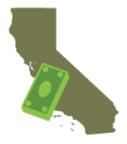 The report was funded by California olive The report was funded by California olive oil producers and companies, which have a financial interest in increasing market share and damaging the reputation of imported oils. Brands from organizations funding the reports were the only ones to pass every test. |
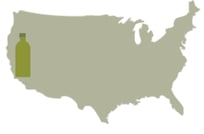 The number of samples was statistically very small (52) and only from California, rendering the results scientifically meaningless. Additionally, any evaluation of a perishable product done nearly 10 years ago is irrelevant now. The number of samples was statistically very small (52) and only from California, rendering the results scientifically meaningless. Additionally, any evaluation of a perishable product done nearly 10 years ago is irrelevant now. |
The Results Could Not Be Replicated |
UC Davis: It's Frequently Misinterpreted |
|
These attorneys had a strong financial interest to see those test results successfully reproduced, but they still couldn't do it. |
 "[The report] partly got misinterpreted because it's easier in the media to report that something's fake. It also plays into the bigger story about inauthenticity in food." - Dan Flynn, executive director of the UC Davis Olive Center, in an interview with The Seattle Times. The article added, "[Flynn] also suspects that many people who wrote about the report didn't actually read it." Selina Wang, the research director who co-wrote the 2010 report, also told Refinery 29 "fake" or adulterated olive oil isn't a problem. "[The report] partly got misinterpreted because it's easier in the media to report that something's fake. It also plays into the bigger story about inauthenticity in food." - Dan Flynn, executive director of the UC Davis Olive Center, in an interview with The Seattle Times. The article added, "[Flynn] also suspects that many people who wrote about the report didn't actually read it." Selina Wang, the research director who co-wrote the 2010 report, also told Refinery 29 "fake" or adulterated olive oil isn't a problem. |
More Than 98% of Olive Oil Sold in the U.S. is Authentic |
|
|
The FDA's findings mirror the results of the NAOOA's robust monitoring effort. Data from the NAOOA's testing of hundreds of olive oils annually in independent International Olive Council (IOC) labs supports the finding that more than 98 percent of olive oil sold in U.S. retail outlets is authentic. |
|
Download the Olive Oil Report PDF.
Download the Olive Oil Report JPG.

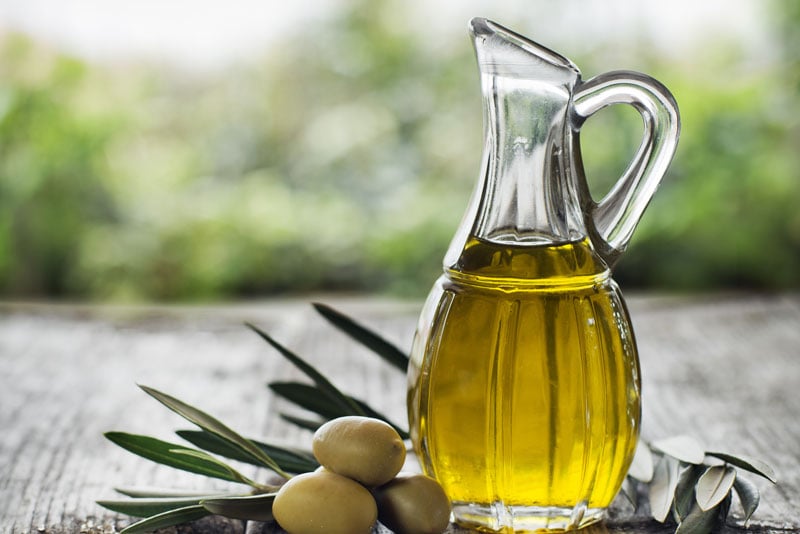
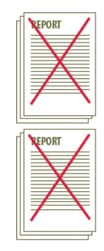 Class-action attorneys
Class-action attorneys 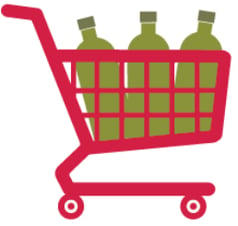 The Food and Drug Administration (FDA), whose
The Food and Drug Administration (FDA), whose 


